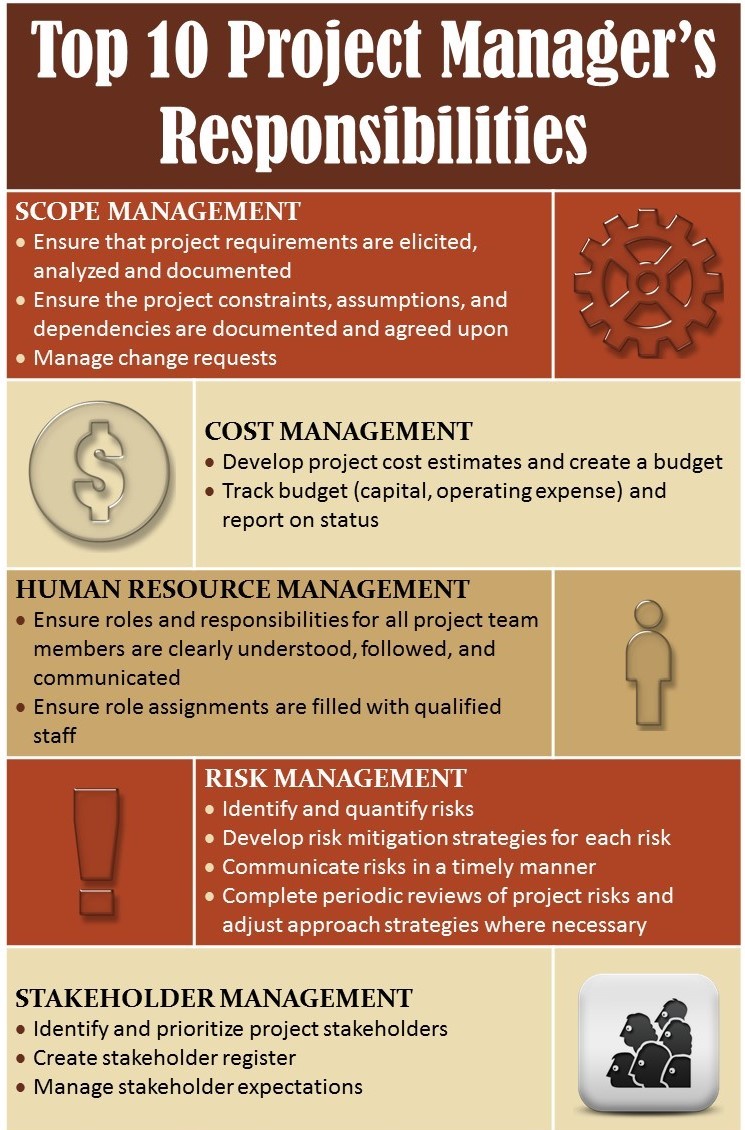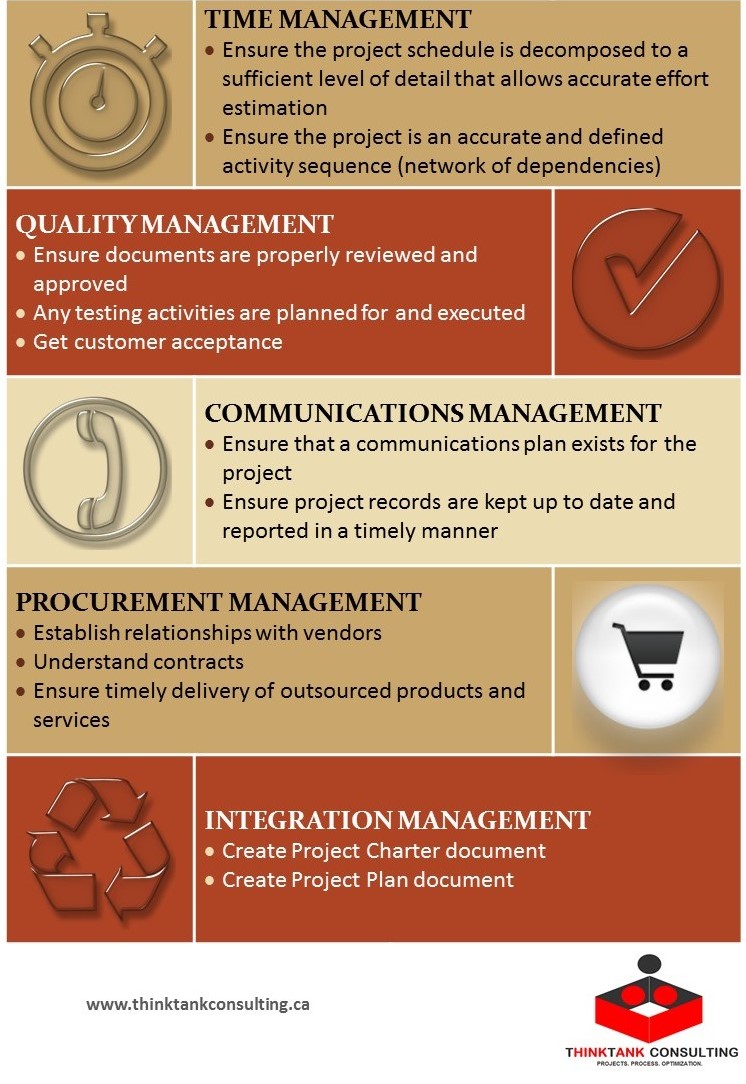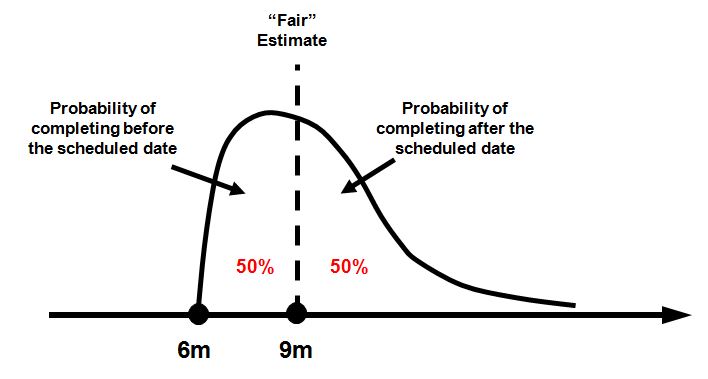Article - How to Explain the Value of Project Management in One Simple Example
Submitted by Jamal Moustafaev on Mon, 05/29/2017 - 09:52
Unfortunately, even today I frequently come across the situations when a (typically) gray-haired executive asks me the following question:
CEO: Yes, Jamal, I have heard about project management and all that. But I am still not sold on it. Can you explain to me – and I only have a couple of minutes - the value someone like you brings to the organization?
Me: (unexpectedly) Ever cooked a meal?
CEO: (very surprised) Yes… But what does that have to…
Me: Imagine that you need to fry a couple of eggs. Would you use a shopping list and step-by-step cooking instructions to accomplish this task?
CEO: No, of course not. That is a very simple process.
Me: Exactly! Get a couple of eggs, some butter, salt, pepper and a frying pan. Easy, right?
CEO: Yes!
Me: Now imagine you need to cook a fancy five-course meal for ten of your friends. Do you think you will benefit from a detailed shopping list and comprehensive cooking instructions?
CEO: Yes! Probably…
Me: Since you only have one stove and a pair of hands, do you think you will need to plan all of your cooking tasks in such a way that you don’t end up with a cold steak and undercooked potatoes by the time your guests arrive?
CEO: I guess so…
Me: (loudly) That is exactly what we do. We define the scope in detail, confirm that you have all the ingredients and time your tasks in such a way that you get the entire product at the deadline (inaudibly) I guess, we will chat about risks, costs, quality and other project management knowledge areas some other time.
Do you still have to justify the existence of project management to your stakeholders? What tricks/examples do you use? Please leave your comments below.



